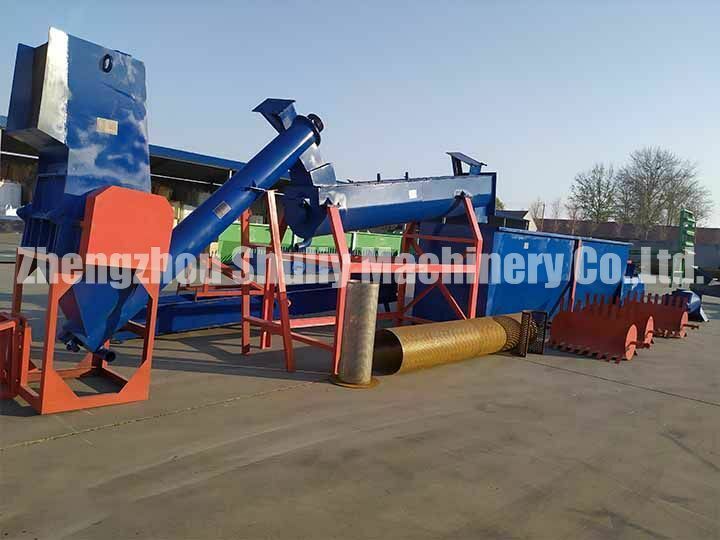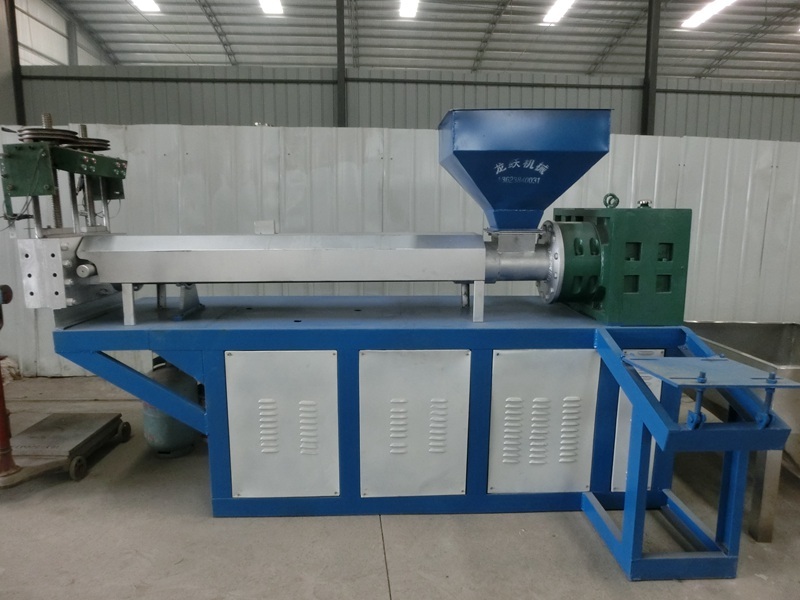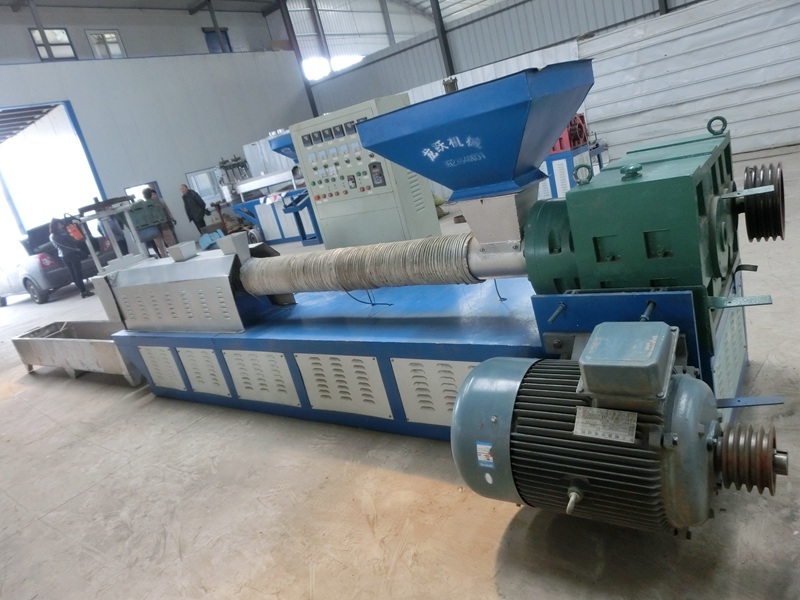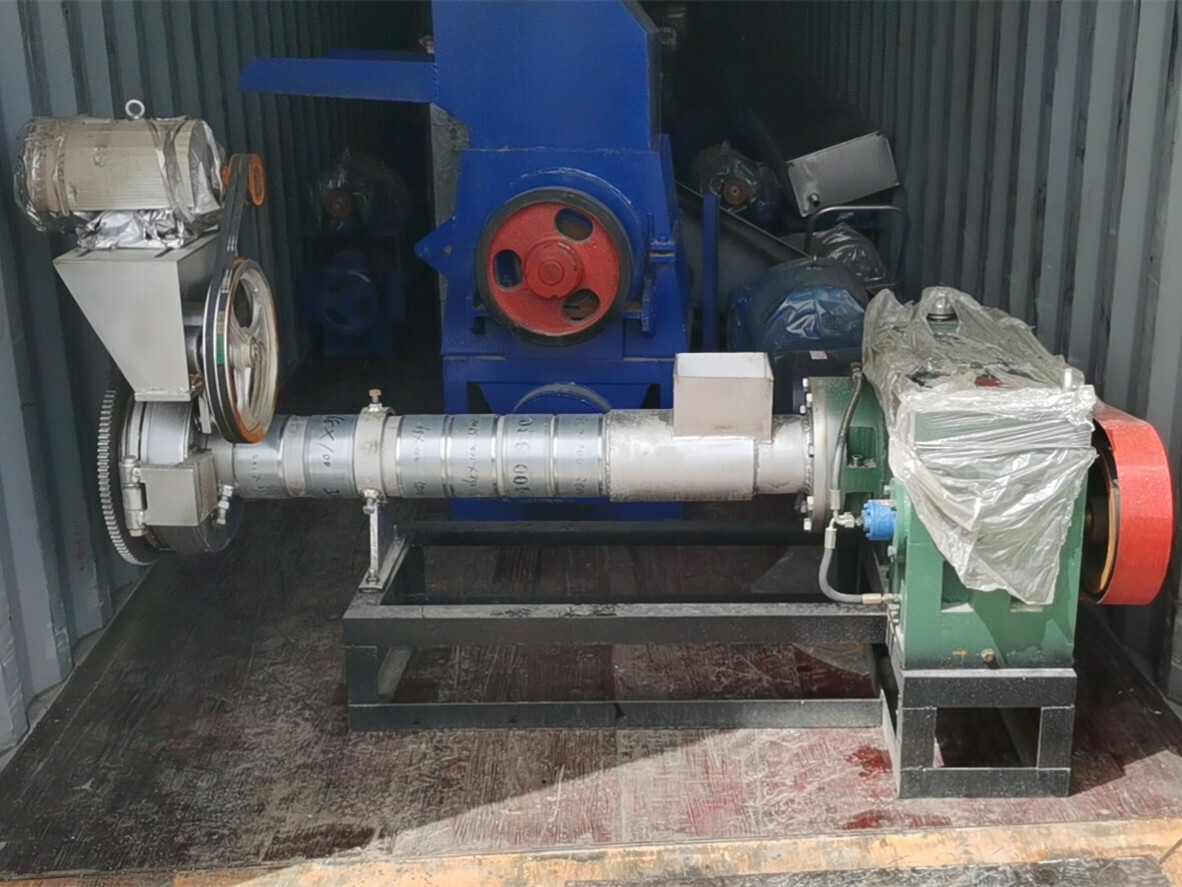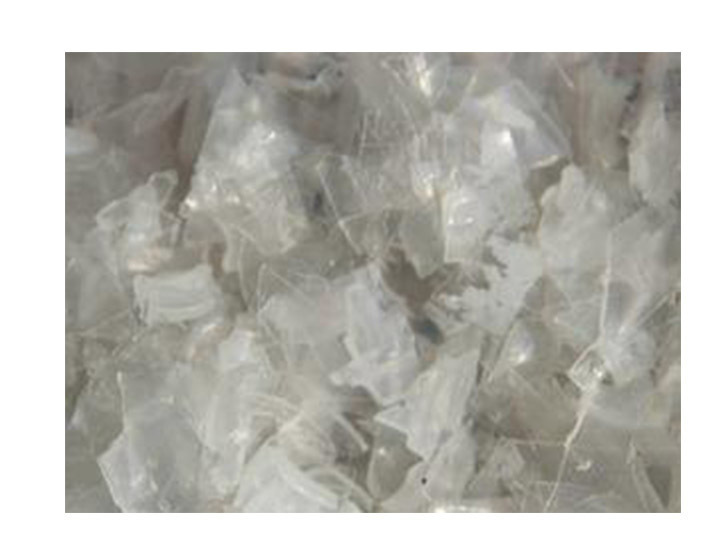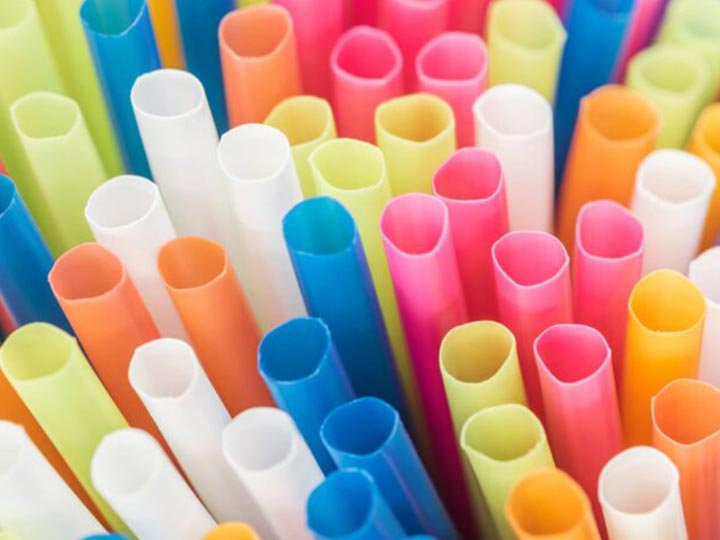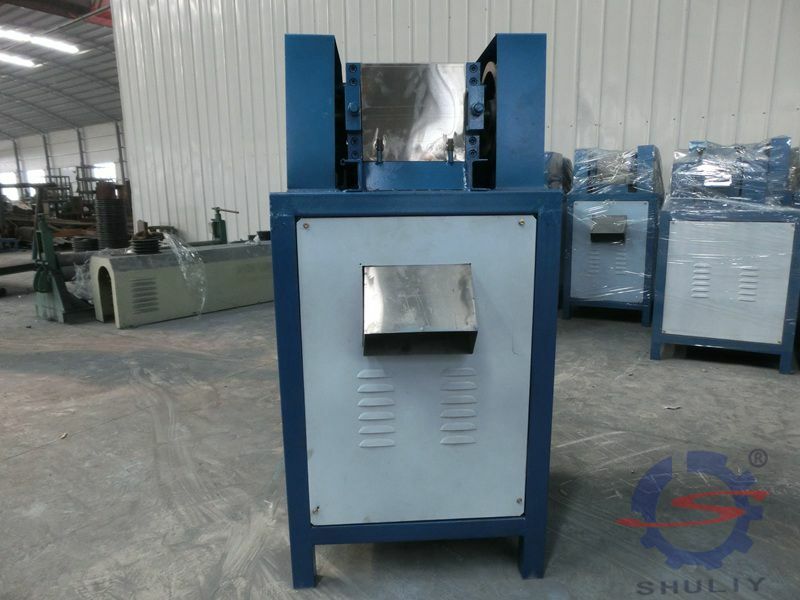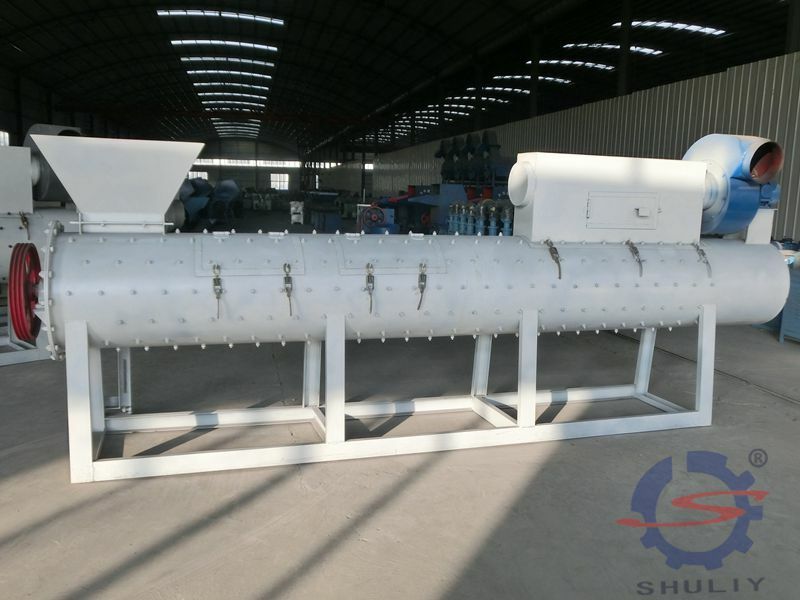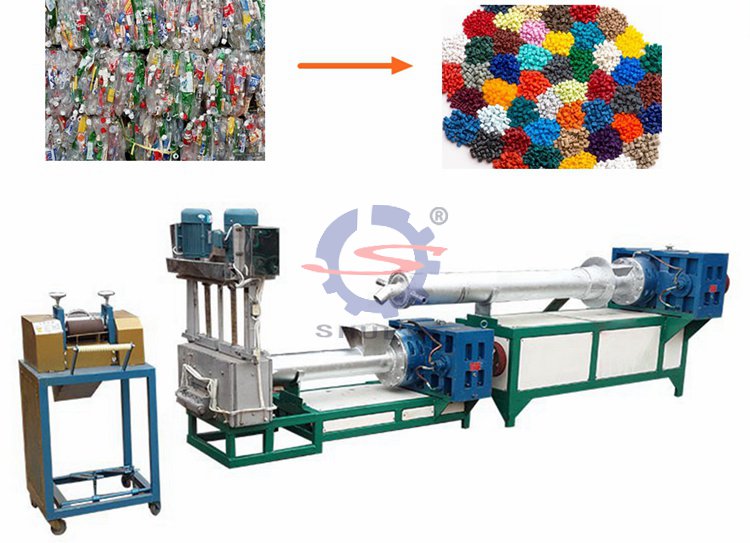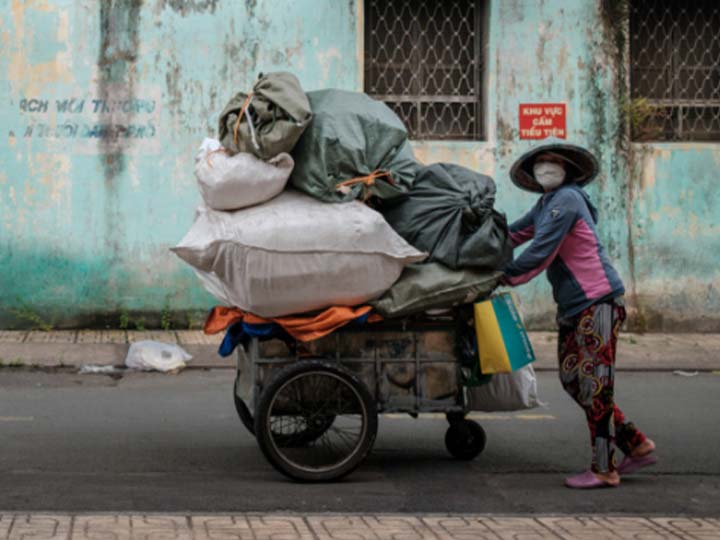¿Cuál es la mejor forma de reciclar plástico en Kenia?
El 22 de abril de cada año es el Día de la Tierra. Según un informe de las Naciones Unidas, el plástico es la parte más grande, más dañina y persistente de la basura marina, representando al menos 85% del total de la basura marina, y el aumento de la basura marina ha provocado la muerte de un gran número de vida marina. . El plástico no sólo contamina el océano sino también los bosques. Una gran cantidad de residuos plásticos contaminará gravemente el medio ambiente.
Aplicar una estricta prohibición del plástico
En respuesta a esta cuestión, Kenia ha implementado plenamente la “prohibición del plástico”, que prohíbe el uso, la fabricación y la importación de todas las bolsas de plástico para fines comerciales y domésticos en Kenia. La mayoría de los kenianos lo acogen con agrado. Algunos pequeños comerciantes que han estado empaquetando sus productos en bolsas de plástico esperan que el gobierno les dé más tiempo de reserva, porque al cambiar a otros envases, el costo aumentará.
Algunos investigadores han señalado que la prohibición no es realista en el nivel actual de gestión municipal de residuos plásticos.
Actualmente hay más de 30 fabricantes de bolsas de plástico en Kenia y hay muchos actores en la industria del plástico, lo que representa una enorme contribución de la industria del plástico a la economía de Kenia. Y debido a su bajo precio, las bolsas de plástico también son una de las necesidades que la gente necesita en Kenia. Los investigadores creen que la política de prohibición del plástico no se basa en una investigación exhaustiva y no proporciona alternativas apropiadas y que una prohibición total y ciega del uso del plástico puede causar un duro golpe a la ya importante industria del plástico de Kenia.
Establecer un sistema de gestión del plástico
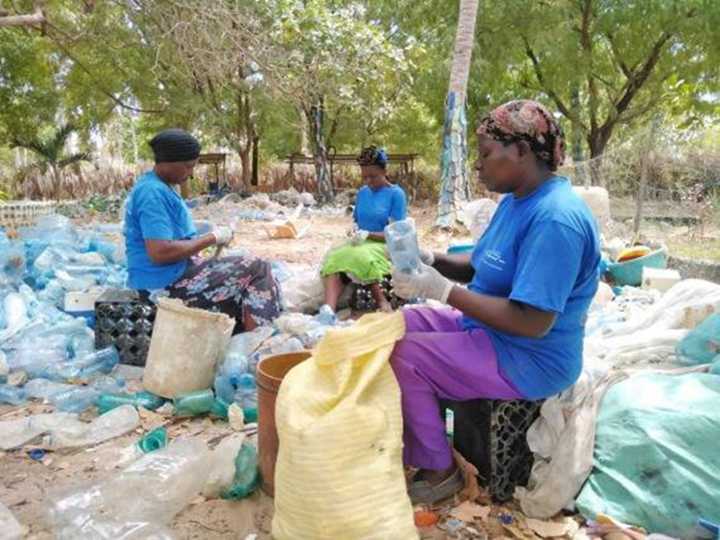
Los expertos creen que Kenia necesita establecer un sistema integrado de gestión de residuos plásticos. Esto requiere apoyo y coordinación de todos los niveles de gobierno, empresas y organizaciones de la sociedad civil. Al mismo tiempo, la cadena de recuperación y reciclaje también puede crear más puestos de trabajo para la población de Kenia. Las medidas específicas que se pueden considerar incluyen las siguientes:
- Separar los desechos plásticos de otros desechos y subdividir varios desechos plásticos según sus materiales para utilizar eficazmente diferentes polímeros;
- Establecer un centro de tratamiento de residuos profesional, con personal especial responsable del lavado y clasificación de los residuos plásticos;
- Proporcionar tecnología de reciclaje y apoyo económico para el tratamiento de residuos plásticos, proporcionar equipos de reciclaje de plastico, y proporcionar profesional pulverizadores de plastico y granuladores de plastico para residuos de plástico que puedan reciclarse y granularse, como PP, PE, para realizar el reciclaje de plásticos;
- Fortalecer la enseñanza y capacitación profesional en el reciclaje de residuos plásticos, incluyendo el uso y mantenimiento de diversos equipos de reciclaje.
